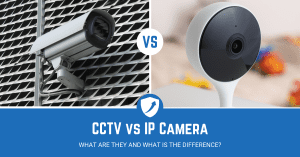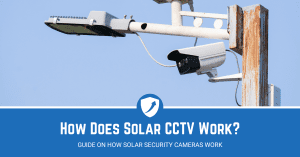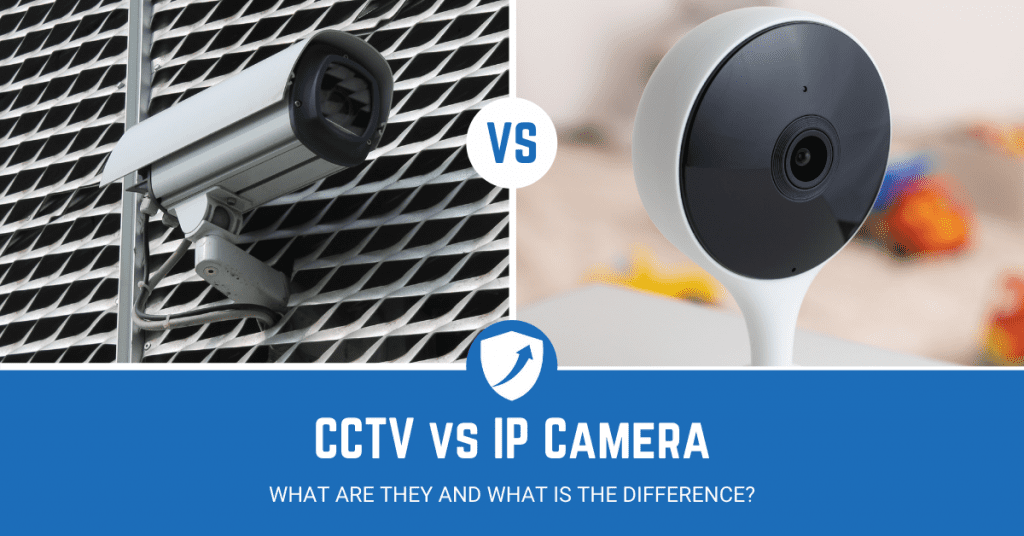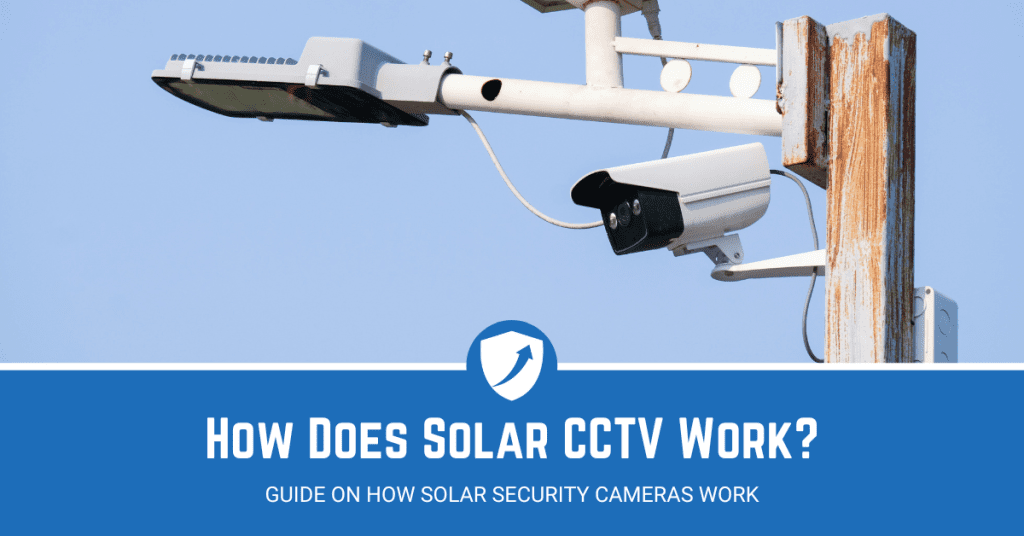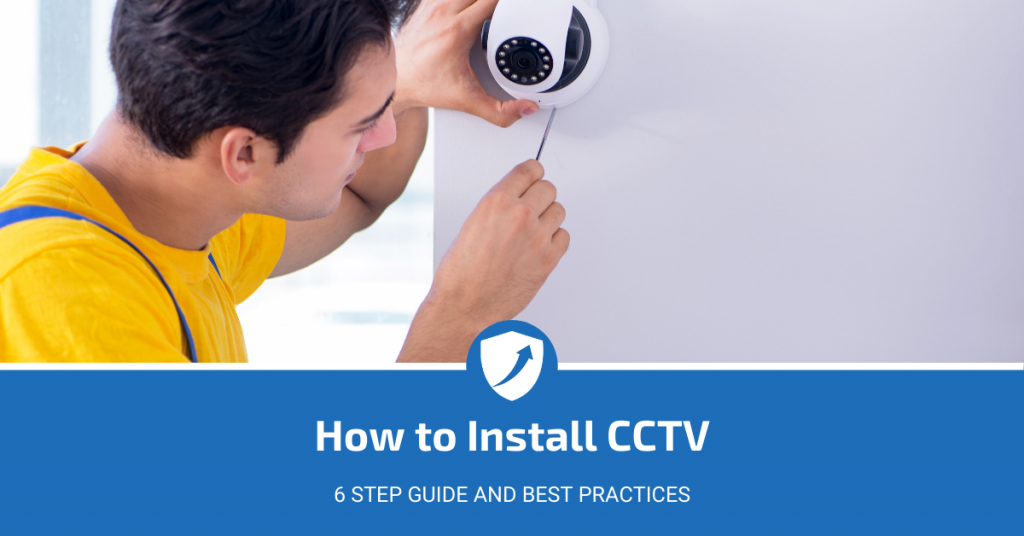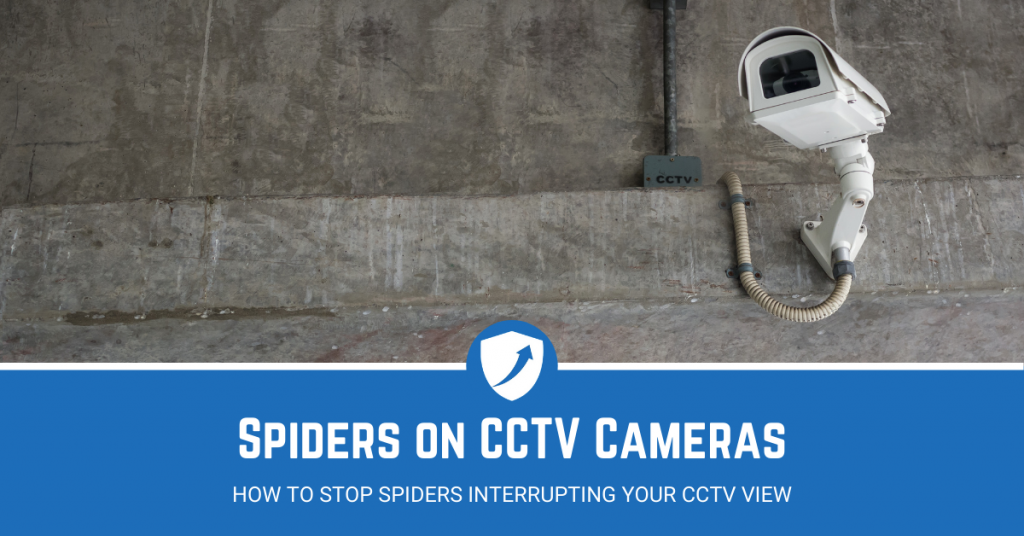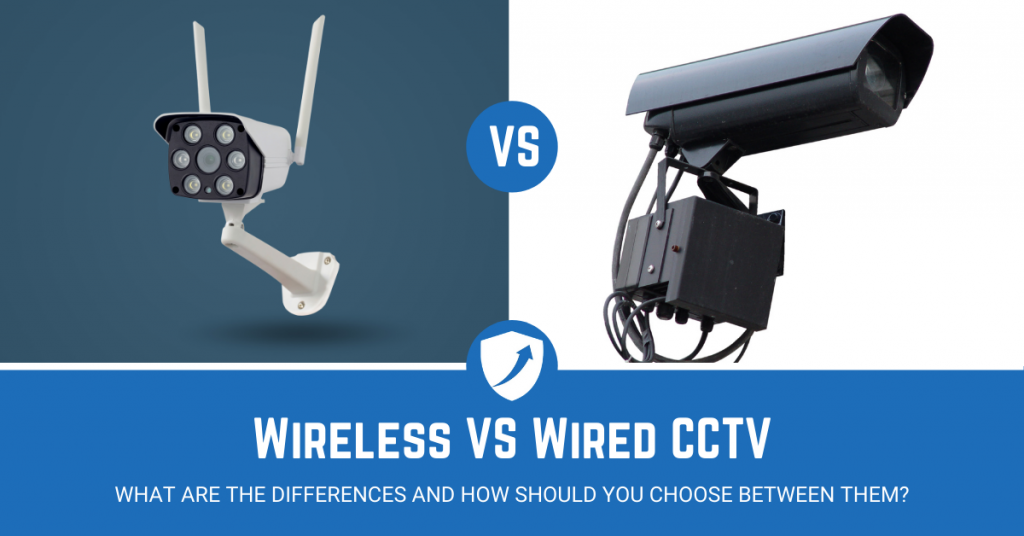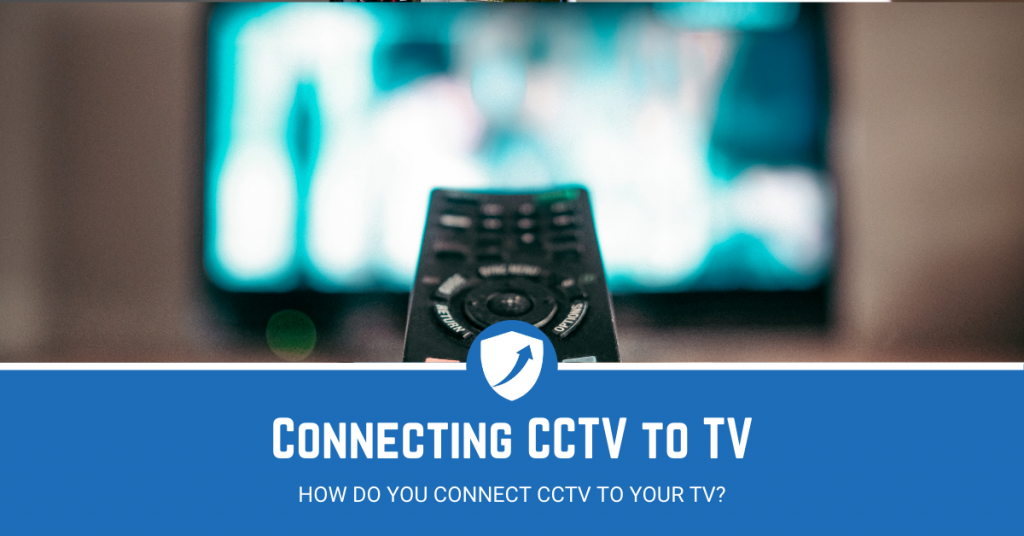In an era where petty crimes like burglary, vandalism, and theft are making unsettling strides in certain localities of the UK, securing one’s home has ascended the list of priorities for many households.
Among the myriad options available, Closed-Circuit Television (CCTV) stands as one of the most effective and reliable. However, its utility often gets clouded by confusing regulations and debates around privacy and legality.
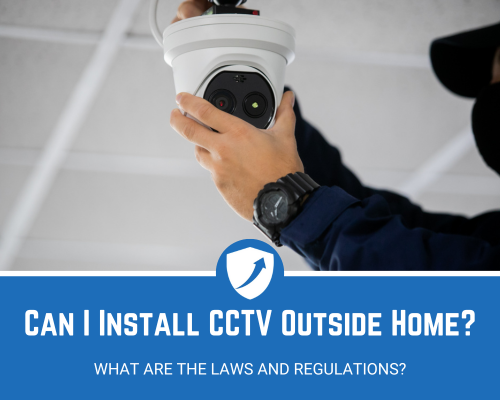
In light of these concerns, this article aims to provide a comprehensive guide on the laws, regulations, and best practices you need to know before installing CCTV outside your home in the UK.
In summary, we’ll cover:
- Why install CCTV outside your house?
- What you need to know about CCTV laws in the UK
- Privacy concerns and good to knows
- How does GDPR impact my decision on CCTV?
- The penalties for getting this decision wrong
- The best types of CCTV systems you should consider
What's in this Guide?
Why CCTV Outside Your House?
Crime Statistics and the Role of CCTV in Deterrence
The Metropolitan Police report indicates that properties without any form of security measures are up to five times more likely to be burglarised than those with some level of security.
CCTV cameras, specifically, have shown to deter not just burglaries but also acts of vandalism and car theft. The mere sight of a camera can often be enough to make criminals think twice. When you add features like motion detection and alarms, the effectiveness of these systems goes up manifold.
Furthermore, CCTV footage can serve as valuable evidence should a crime occur, providing both law enforcement and insurance companies with the data needed to resolve issues more efficiently.
Psychological Comfort and Peace of Mind
Beyond the practical advantages of deterring crime, having a CCTV system can greatly contribute to your psychological well-being.
Knowing that your home is under constant surveillance allows you and your family to feel safer, sleep better, and go about your daily activities with one less thing to worry about.
This peace of mind is not easily quantified but is invaluable, especially in neighbourhoods where crime rates are on the higher end of the spectrum.
The Basics of UK CCTV Laws
Data Protection Act and its Relation to CCTV
The Data Protection Act of 2018 plays a crucial role in defining the legal framework surrounding CCTV in the UK. If your CCTV system captures images of individuals outside the boundaries of your own home, then you are bound to adhere to this act.
The act stipulates that you must notify people that they are in an area where CCTV surveillance is being carried out. This usually involves putting up signs that are clearly visible.
The Concept of “Reasonable Expectation of Privacy”
One of the cornerstones of UK law around surveillance is the idea that individuals have a ‘reasonable expectation of privacy‘. This means you cannot simply aim your CCTV cameras into your neighbours garden, or even at the public street, without potentially breaching privacy laws.
This concept is particularly important to understand because breaching it could result in legal repercussions.
Surveillance Camera Commissioner Guidelines
The Surveillance Camera Commissioner has set forth guidelines intended to help both organisations and individuals use surveillance cameras responsibly.
Following these guidelines, which range from proper signage to the responsible handling of data, can save you from a lot of trouble down the line.
Do You Need Permission?
When Planning Permission is Required
Although you generally don’t need planning permission to install CCTV on your property, there are exceptions.
For example, if you live in a listed building or a conservation area, it’s essential to consult with your local planning authority. Additionally, if your installation will significantly change the appearance of the building, planning permission may be required.
Exemptions for Household CCTV Installations
Certain types of household CCTV installations fall under ‘permitted development,’ meaning you don’t need to seek formal permission.
However, this does not absolve you from adhering to the Data Protection Act or maintaining a neighbourly etiquette, which we will discuss later. Always check with your local planning authority to be sure.
Privacy Concerns & Neighbourly Etiquette
Importance of Informing Neighbours
Being open and transparent with your neighbours about your plans to install CCTV can go a long way in maintaining good relations. Communication not only eases potential concerns but can also provide you with valuable feedback on camera positioning to respect privacy.
Respecting Public Areas and Not Pointing Cameras into Others’ Property
One of the biggest mistakes you can make is to point your cameras at a neighbour’s property or a public area where people have an expectation of privacy.
Always position your cameras so that they monitor your own property exclusively, unless you have explicit consent from others to do otherwise.
Data Storage and GDPR Compliance
The Role of GDPR
The General Data Protection Regulation (GDPR) not only affects businesses but also has implications for individuals who collect data through CCTV. You are obliged to protect this data and only use it for the purpose for which it was collected.
How Long You Can Keep the Footage
GDPR guidelines suggest that you should not keep personal data longer than necessary. In the context of home CCTV footage, this generally means you should overwrite or delete the footage within about 30 days unless it is needed for an investigation.
Who Has the Right to View the Footage
Only people who need to see the footage for security reasons should have access to it. This limits who can view it and ensures that it’s used for its intended purpose only.
Consequences of Non-Compliance
Legal Penalties
Failure to comply with the Data Protection Act or GDPR can result in hefty fines. More serious infringements could even lead to criminal charges. Not only can you be fined, but you might also be required to remove your CCTV system entirely, which negates its intended purpose of adding security to your home.
Social Consequences
Non-compliance with privacy laws can strain relations with your neighbours and community. Infringing on other people’s privacy can create an atmosphere of mistrust and discomfort, negatively affecting your social standing within your community.
Types of CCTV Systems You Could Consider
Wired vs. Wireless Systems
Wired systems are generally considered more reliable but may require professional installation. Wireless systems offer more flexibility and are easier to install but can be subject to interference.
Night Vision Cameras
Night vision capabilities can greatly enhance the effectiveness of your CCTV system. Technologies like infrared can help capture clear footage even in complete darkness.
Smart Features
Modern CCTV systems often come with a variety of smart features like motion detection, two-way audio, and even facial recognition. These add another layer of security and make monitoring your property far more efficient.
Next Steps After Ensuring Compliance
Tips for Proper Installation
Once you’ve navigated through the legal maze, it’s crucial to focus on proper installation. Poorly installed cameras not only perform inadequately but can also lead to accidental breaches of privacy. Ensure cameras are angled correctly and test them multiple times to verify their field of view.
Where to Seek Professional Help
If the installation process appears too daunting or complex, it may be wise to seek professional help. Certified CCTV installers can help you set up a system that is both effective and compliant with all legal requirements.
Conclusion
Installing CCTV outside your home in the UK is not just a matter of mounting cameras and connecting wires. It involves a nuanced understanding of legal requirements, respectful consideration of privacy concerns, and a methodical approach to data storage and compliance.
The benefits of enhanced security and peace of mind are considerable, but they should never come at the cost of legal complications or strained neighbourly relations. Therefore, be vigilant, be compliant, and elevate your home security responsibly.


